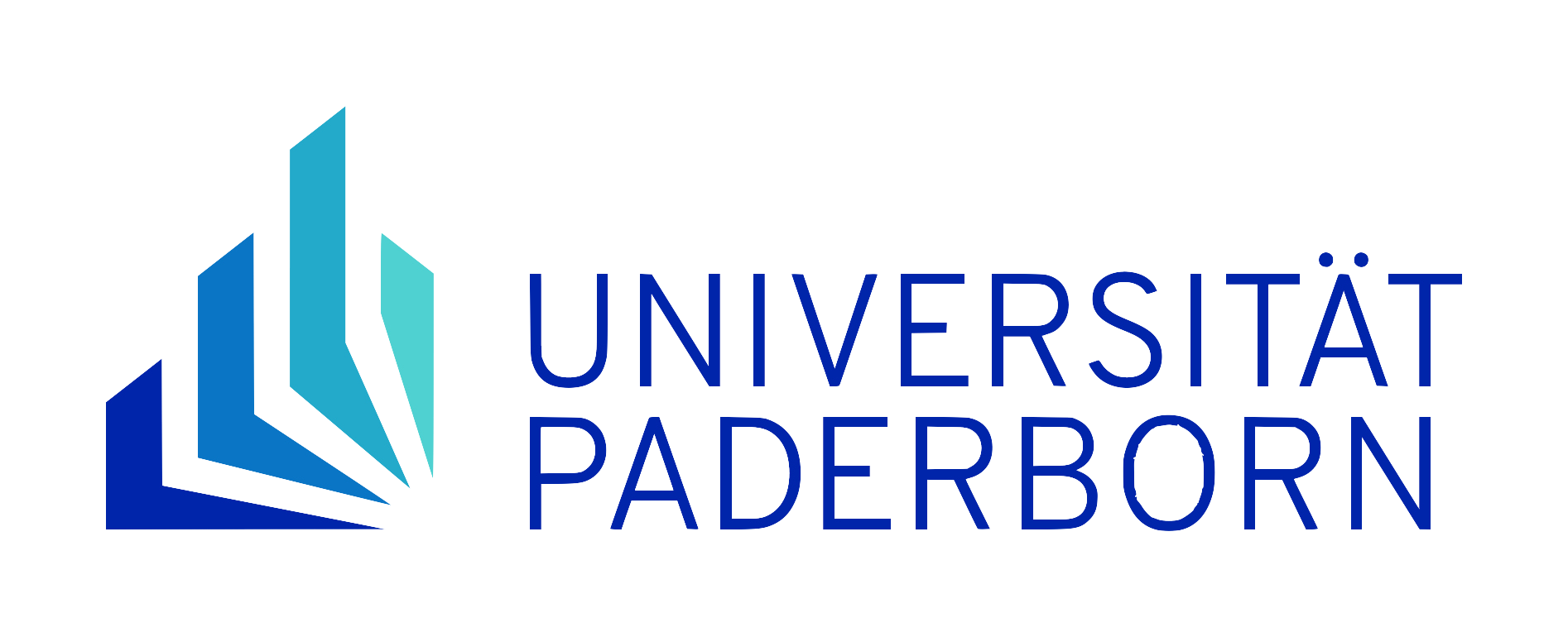Brief von W. H. Auden an H. W. Henze, 15. Januar 1967
Einstellungen
Zeige Markierungen im Text
Kontext
Absolute Chronologie
Vorausgehend
- 1967-01-05: an Henze
- 1966-11-28: von Henze
Folgend
- 1967-06-10: an Henze
- 1967-02-19: von Henze
[Manuskript]
Many thanks for your two letters
*. Glad
you like my bits.* If the worst comes to the‡
worst‡, I will, of course, write
the‡ Part I and the
Epilogue, but a‡ still have hopes of extracting them
from Chester.* (Have just written to a mutual friend
in Athens
*). What is so bewildering about the
business is that in Nov.‡
Oct, he had nearly
finished Part I. I saw his draft with
my own eyes and thought it very good.*
- 1) I would love you to set
whatever‡
you find settable. - 2) Though the oratorio forms were in my
mind when I wrote it, I did not
write it directly for music. If I
had, it would of course, be half the length.
So, slack it to bits as‡ you find
best.* - 3.) For a performance, it is important that they hire
a really good actor for Herod’s speech.*
Terribly sorry to hear about your health.*
Alcohol, I think‡, is still permitted, if nicotine
is not. The most important thing in my opinion
is to get plenty of sleep. Without it no
medicine is any good.
much love
Wystan
Apparat
Verantwortlichkeiten
- Herausgegeben von
- Elena Minetti
- Übertragung
- Elena Minetti; Joachim Veit
Überlieferung
-
Textzeuge: Basel (Schweiz), Paul Sacher Stiftung (CH-Bps), Sammlung Hans Werner Henze, Abteilung: Korrespondenz
Signatur: Auden, Wystan HughQuellenbeschreibung
- Dokumenttyp: Brief
- Dickes, weißes Papier
- Faltung: 3mal längs, 1mal quer
- 1 Blatt
- 2 beschriebene Seiten
- Abmessungen: 278x217 [mm] (HxB)
- Gelocht
- Rand: 4 cm
- Eingerückte Absätze
Material
Umfang
Zustand
Layout
Schreibstile
-
1.Handschrift, Auden, Wystan Hugh, Kugelschreiber (blau).
-
2.Handschrift, Henze, Hans Werner, Bleistift.
Textkonstitution
-
"probably ’67 "unter der Zeile hinzugefügt, handschriftlich, Bleistift, Henze, Hans Werner
-
"the"unsichere Lesung
-
"worst"unsichere Lesung
-
"the"durchgestrichen
-
"a"durchgestrichen
-
"Nov."durchgestrichen
-
"whatever"unsichere Lesung
-
"as"unsichere Lesung
-
"think"unsichere Lesung
Einzelstellenerläuterung
-
"… thanks for your two letters"Henze’s two letters are not kept among the postal documents at the Paul Sacher Foundation in Basel. Apparently, Henze did not make any copies of this later correspondence.
-
"… Glad you like my bits."Here, Auden is referring to his verses for Parts II and III of his libretto for Moralities, which Auden sent Henze on 5 January 1967, as he wrote in his letter, and which Henze set to music at this time.
-
"… extracting them from Chester ."Here, Auden is referring to Part I and Epilogue of Moralities. Kallman was supposed to write the libretto for Part I and the Epilogue, but failed to do so, and it was for this reason that Auden wrote the entire libretto.
-
"… and thought it very good."This sentence confirms that Kallman had actively participated in the genesis of Moralities.
-
"Re."Abk. von "Regarding".
-
"… Re. Regarding The Christmas Oratorio"From Auden’s three subsequent comments, it is assumed that Henze asked the librettist to set his long poem, For the Time Being: A Christmas Oratorio (written in 1941 and 1942, and first published in 1944), to music. Henze, however, would never set these verses to music.
-
"… bits as you find best."As the scholar Arthur Kirsch states: „Auden originally intended For the Time Being to be set to music by Benjamin Britten as an oratorio, but it proved to be altogether too long and complicated, and Britten declined to do it.“ See Kirsch, „To Choose What is Difficult All One’Days: W.H. Auden’s For the Time Being: A Christmas Oratorio“, p. 73.
-
"… good actor for Herod’s speech."In his oratorio, Auden writes a long monologue for King Herod about the clash between faith and reason, entitled The Massacre of the Innocents.
-
"… to hear about your health."As Henze recounts in his Autobiography, pp. 225-226, Henze had health problems in early 1967, after the performance of Die Bassariden on 3 January 1967 in Berlin, which he himself conducted, due to hypertension.





